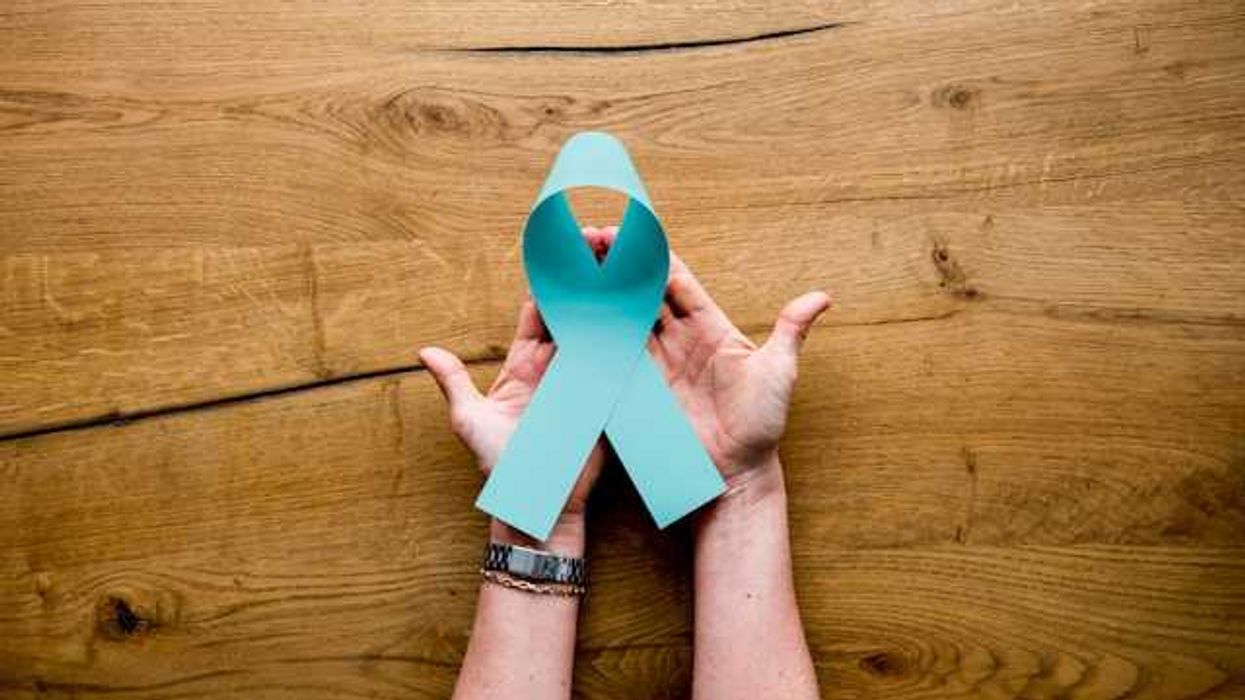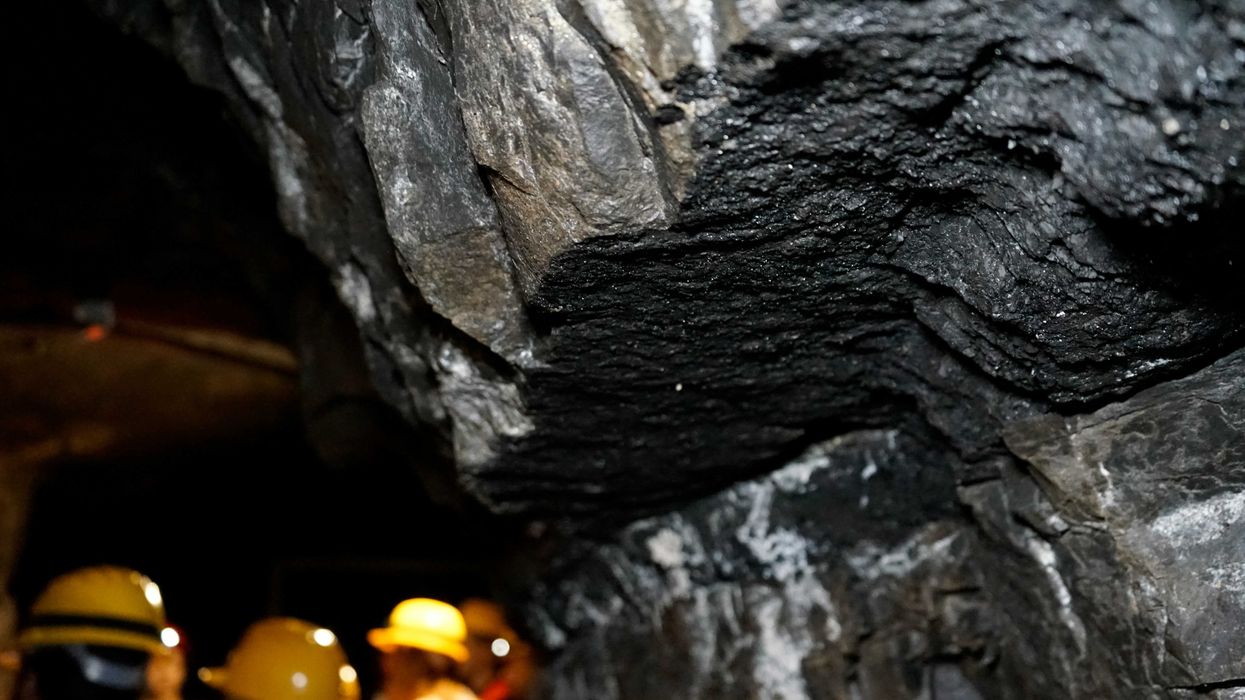Residents of Jersey are being advised to undergo bloodletting to lower dangerous PFAS levels in their blood, caused by decades of water contamination from firefighting foams used at the island’s airport.
Leana Hosea and Rachel Salvidge report for The Guardian.
In short:
- Private water supplies in Jersey were polluted with PFAS, chemicals linked to cancer and thyroid issues, due to firefighting foams used since the 1960s.
- Blood tests on residents near the contamination zone showed PFAS levels above safe thresholds, prompting recommendations for bloodletting and potential use of other treatments.
- Despite efforts to address the issue, contamination persists in public water supplies and a past legal deal limits Jersey’s ability to hold the foam’s manufacturer, 3M, accountable.
Key quote:
“These people have been exposed since the 1990s, so they could have had very high levels back then.”
— Ian Cousins, PFAS advisory panel member
Why this matters:
PFAS, often called “forever chemicals,” do not break down in the environment or human bodies, accumulating to harmful levels over time. Bloodletting is not a common approach to address PFAS contamination, but it has shown some effectiveness in reducing PFAS levels in blood. Other methods, like using the drug cholestyramine, may work faster and cost less, though they come with side effects. These treatments highlight the limited tools available to deal with PFAS exposure, emphasizing the need for stronger prevention and cleanup efforts.
Learn more: Where did the PFAS in your blood come from? These computer models offer clues














